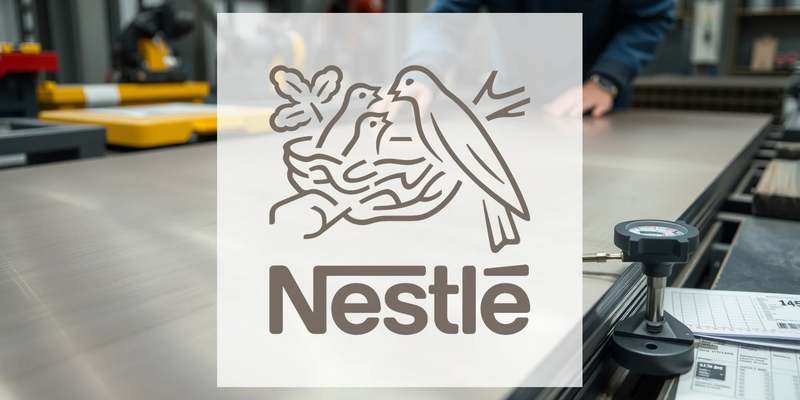Nestlé Faces Stumbling Block in Vitamin Business Divestiture
18.11.2025 - 15:40:04Nestlé's strategic initiative to offload a portfolio of its vitamin brands has encountered significant market resistance, creating potential valuation challenges for the Swiss food conglomerate. The company's departure from the mass-market supplement segment coincides with an industry-wide consumer shift toward premium, scientifically-backed products—a trend that now complicates Nestlé's disposal plans.
Chief Executive Philipp Navratil confirmed in September the intention to divest Nature's Bounty, Osteo Bi-Flex, and Puritan's Pride—brands that collectively generate approximately $1.25 billion in annual revenue. This move formed part of Nestlé's broader strategy to exit slower-growth businesses and reorient toward premium segments. However, the market response has proven unexpectedly cool.
Industry analysts note a fundamental transformation in consumer preferences within the $193 billion dietary supplements sector. "We're observing substantial momentum toward brands whose product claims undergo rigorous clinical testing," notes Marley Brocker of IBISWorld. This development works directly against Nestlé's divestiture strategy, as the brands earmarked for sale represent affordable standard vitamins without premium positioning.
Limited Buyer Interest Creates Dilemma
Market research from McKinsey substantiates the movement away from mass-market supplements, leaving Nestlé in a challenging position. Several key factors are contributing to the company's difficulties:
Should investors sell immediately? Or is it worth buying Nestle?
- Major industry players are uninterested: Both Danone and Unilever have declined acquisition opportunities
- Retail preferences have shifted: GNC now prioritizes scientifically-validated brands
- Private equity emerges as primary prospect – though likely with valuation discounts
- Regulatory concerns surrounding stricter US approval processes create additional complications
"Private equity firms appear the most probable buyers, and yes—valuations may suffer as a consequence," observes Kai Lehmann of Nestlé shareholder Flossbach von Storch. The financial context underscores this concern: Nestlé purchased this vitamin division in 2021 for $5.75 billion, representing the third-largest supplement industry acquisition at that time. Those valuation metrics now appear obsolete.
Negotiation Challenges and Strategic Implications
According to Alex Evans of L.E.K. Consulting, buyout funds cannot achieve the same cost efficiencies as strategic industry buyers, further weakening Nestlé's bargaining position. This creates a complex scenario for Navratil and his leadership team as they attempt to execute their strategic repositioning.
Despite these divestiture challenges, Nestlé remains committed to its premiumization strategy. The company continues to invest in upscale labels like Solgar, which offers specialized products targeting cognitive health, hair growth, and stress reduction. Industry projections from Grand View Research indicate substantial growth potential, with the global supplements market expected to reach $414.5 billion by 2033.
The critical question remains whether Navratil can successfully divest these legacy assets without accepting financially disadvantageous terms. The coming months will determine if this strategic realignment proceeds as planned or becomes a case study in how rapidly consumer markets can evolve, leaving even industry giants scrambling to adapt.
Ad
Nestle Stock: Buy or Sell?! New Nestle Analysis from November 18 delivers the answer:
The latest Nestle figures speak for themselves: Urgent action needed for Nestle investors. Is it worth buying or should you sell? Find out what to do now in the current free analysis from November 18.
Nestle: Buy or sell? Read more here...


